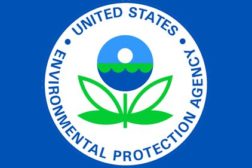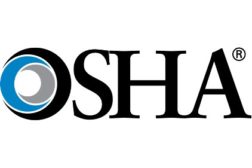Government Safety Regulations
Deadline for submitting comments is Dec. 11
Read More
Get regulatory info on chemicals with new EPA web tool
Allows comparisons by use, effects
September 9, 2013
Senator urges quick action on coal dust exposure rule
"Coal companies have made a war on their own future"
September 9, 2013
Some state OSH agencies accused of failing in their mission
OSHA’s annual evaluation finds wide variances
September 6, 2013
FAA finalizes safety policy for aircraft crew members
OSHA will enforce hazardous chemical, bloodborne pathogen exposures
September 4, 2013
OSHA, USDA urged to protect poultry, meatpacking workers
Line speed is too fast, says coalition
September 4, 2013
Obama uses executive action to tighten gun control
Imports curbed, background check loophole closed
August 29, 2013
What can small businesses expect from proposed silica rule?
And how much will compliance cost?
August 28, 2013
Never miss the latest news and trends driving the safety industry
eNewsletter | Website | eMagazine
JOIN TODAYCopyright ©2024. All Rights Reserved BNP Media.
Design, CMS, Hosting & Web Development :: ePublishing






